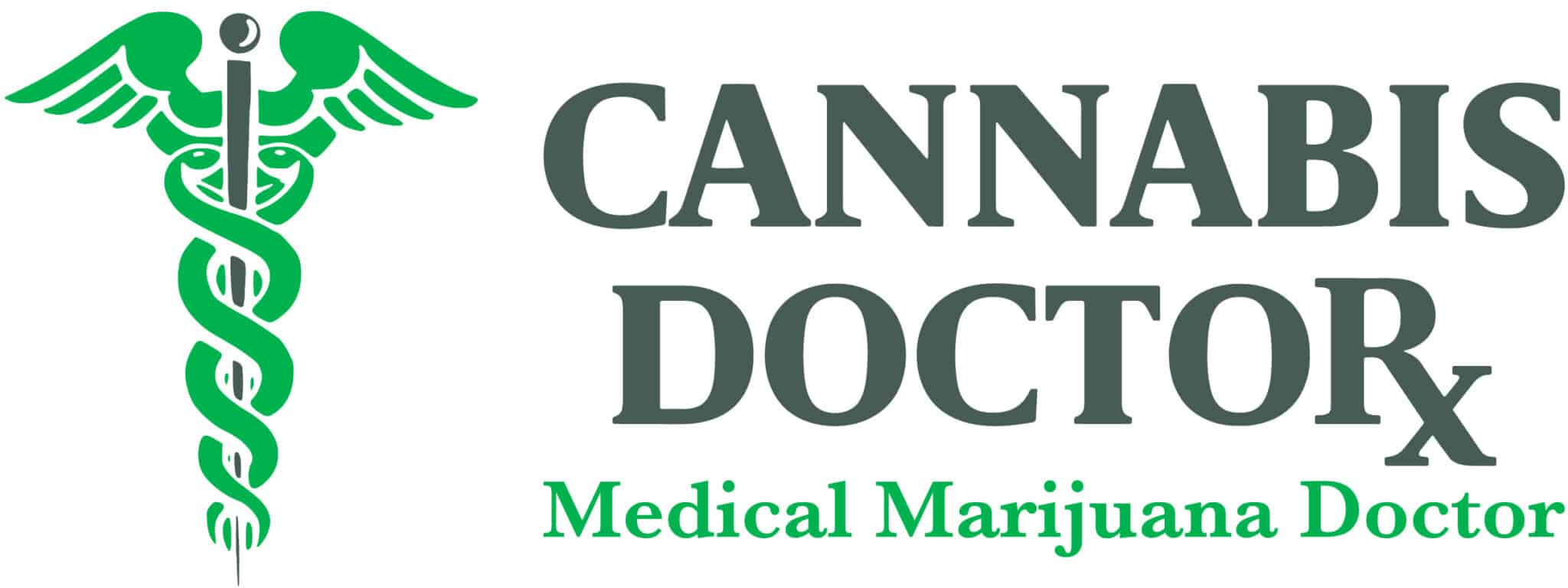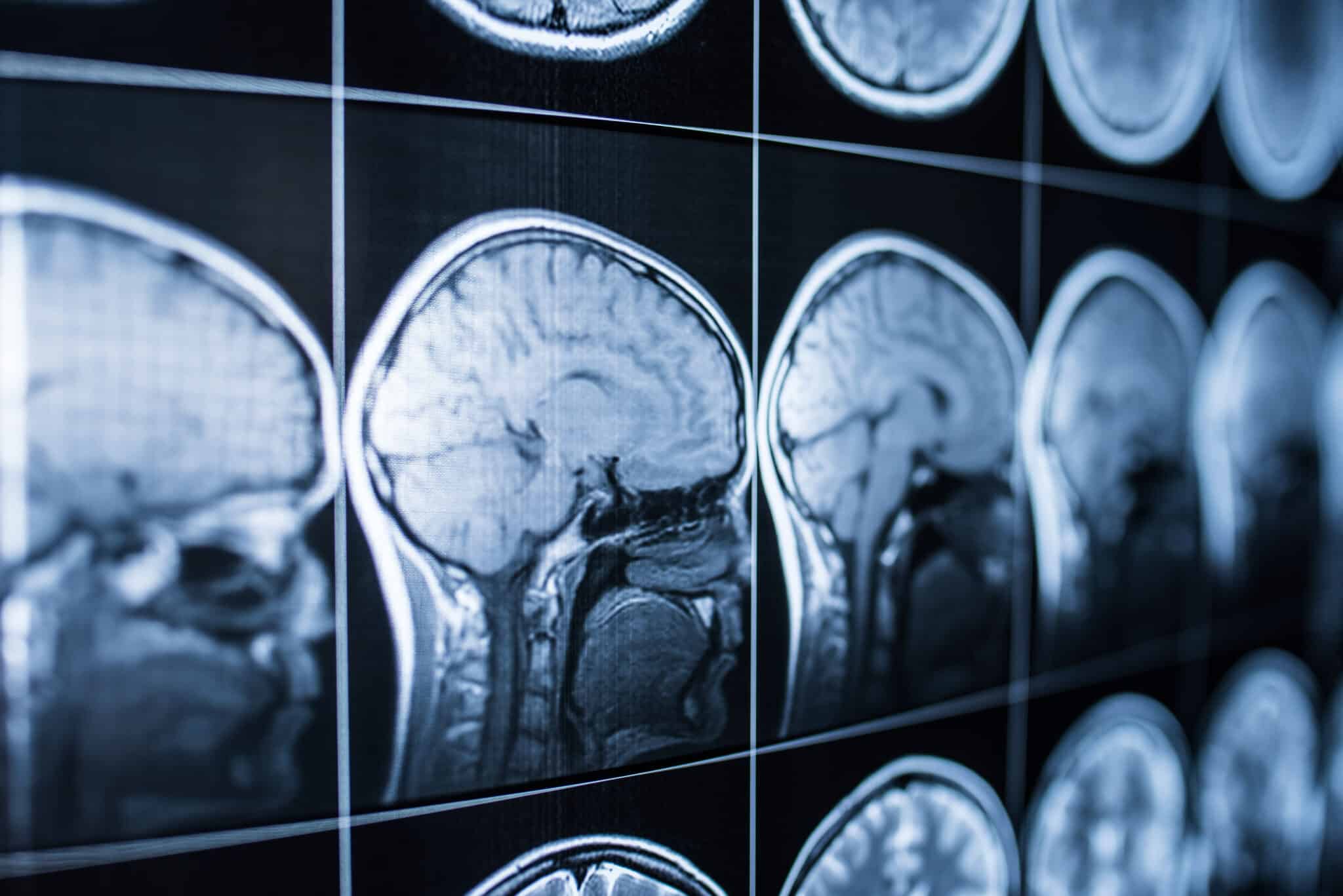Concussions are a type of traumatic brain injury (TBI) that can cause symptoms such as headaches, dizziness, nausea, confusion, and memory issues. If you’ve recently suffered a concussion, you may be wondering if cannabis can help with recovery or if smoking weed could worsen your condition.
In this blog, we’ll explore the potential risks and benefits of using marijuana after a concussion, the latest research, and whether medical marijuana may be a viable option for symptom relief. If you suspect you have a concussion, it is imperative to seek guidance from a medical professional. Do not use marijuana unless you have received approval from a qualified healthcare provider.
Understanding Concussions and Their Effects
A concussion occurs when a blow to the head or a sudden jolt causes the brain to move rapidly within the skull, leading to chemical changes and possible damage to brain cells. Common causes include sports injuries, falls, car accidents, and other trauma.
Typical symptoms of a concussion include:
- Headaches and migraines
- Dizziness and balance issues
- Nausea and vomiting
- Sensitivity to light and sound
- Fatigue and difficulty concentrating
- Mood changes, anxiety, or depression
Most mild concussions resolve within a few weeks with proper rest and medical care. However, some individuals experience prolonged symptoms known as post-concussion syndrome (PCS), which can last for months or even years.
The Effects of Cannabis on the Brain
Cannabis contains active compounds called cannabinoids, including tetrahydrocannabinol (THC) and cannabidiol (CBD), which interact with the body’s endocannabinoid system (ECS). The ECS plays a role in regulating mood, pain, inflammation, and neurological function.
- THC: The psychoactive component of cannabis, THC can alter perception, reduce pain, and impact memory and cognition.
- CBD: A non-psychoactive compound, CBD is known for its potential anti-inflammatory, neuroprotective, and pain-relieving properties.
Can You Smoke Weed After a Concussion?
Smoking weed after a concussion is a controversial topic. While some research suggests cannabis may help manage symptoms like pain, anxiety, and sleep disturbances, there are concerns about its impact on brain healing. Here are some key considerations:
Potential Benefits
- Pain Relief: Many concussion sufferers experience headaches and chronic pain. Cannabis, particularly CBD, has been studied for its potential analgesic effects.
- Anti-Inflammatory Effects: Some research suggests cannabinoids may help reduce brain inflammation, which could be beneficial for concussion recovery.
- Mood and Anxiety Regulation: Concussions can lead to anxiety, depression, and mood instability. Cannabis may help regulate mood through its interaction with neurotransmitters.
- Improved Sleep: Insomnia and sleep disturbances are common post-concussion. Cannabis, particularly strains with CBD and indica-dominant strains, may aid sleep quality.
Potential Risks
- Cognitive Impairment: THC can temporarily affect memory, concentration, and coordination, which may exacerbate post-concussion symptoms.
- Increased Brain Stress: Some experts worry that cannabis use immediately after a concussion could interfere with the brain’s natural healing process.
- Dizziness and Nausea: While some use cannabis to combat nausea, it can also cause dizziness and worsen balance issues in some individuals.
- Psychoactive Effects: High-THC cannabis may cause paranoia, confusion, or increased anxiety, which could be problematic for concussion sufferers.
Academic Studies on Cannabis and Concussions
Several studies have explored the relationship between cannabis and concussion recovery, with varying results. Here are some notable findings:
- A 2023 study published in the National Library of Medicine found that CBD exhibited neuroprotective properties that could help mitigate brain inflammation and oxidative stress following a traumatic brain injury.
- A 2018 study in the Journal of Neurotrauma indicated that cannabinoids might play a role in reducing brain inflammation and promoting neurogenesis, which could potentially aid in concussion recovery. However, researchers cautioned that high doses of THC could impair cognitive function.
- A 2020 report from the Concussion Alliance noted that while anecdotal evidence suggests cannabis may alleviate concussion-related symptoms such as headaches and anxiety, more clinical trials are needed to confirm its safety and efficacy.
- A study conducted by researchers at the University of Miami in 2019 examined the effects of cannabis on sports-related concussions and suggested that CBD might help regulate the brain’s inflammatory response without the psychoactive effects associated with THC.
While these studies offer promising insights, experts agree that more research is needed to fully understand cannabis’s role in concussion recovery.
CBD vs. THC: Which Is Better for Concussion Recovery?
If you are considering cannabis for post-concussion symptoms, the choice between CBD and THC is important:
- CBD: Due to its anti-inflammatory and neuroprotective properties, CBD may be a safer option for those recovering from a concussion. Some research suggests CBD could help protect against further brain damage.
- THC: While THC may help with pain and sleep, it can also impair cognition and potentially slow recovery. Low doses or microdosing may be a better approach if THC is used.
Medical Marijuana Treatment in Florida
At Cannabis Doctor X, we help patients with qualifying conditions to gain access to medical marijuana products. While concussions are not explicitly listed as a qualifying condition, patients experiencing chronic pain, PTSD, or severe anxiety due to a concussion may be eligible for a medical marijuana card. Consulting with a qualified medical marijuana doctor can help determine the best approach for your specific needs.
Best Methods for Using Cannabis After a Concussion
If you decide to use cannabis for concussion symptoms, choosing the right consumption method is crucial:
- Vaping or Smoking: While smoking provides fast relief, inhaling smoke may introduce toxins that could be harmful, especially when brain healing is a concern.
- Edibles: Longer-lasting effects but may be harder to dose accurately.
- Tinctures and Oils: Offer precise dosing and quick absorption without the risks of smoking.
- Topicals: May help with localized pain but won’t impact brain function directly.
Should You Use Cannabis After a Concussion?
While cannabis may offer potential benefits for managing post-concussion symptoms, smoking weed immediately after a brain injury could pose risks. If you are considering using cannabis after a concussion, consult a medical professional, start with CBD or low-dose THC, and choose safe consumption methods.
If you’re in Florida and looking for medical marijuana guidance, our team can help. Contact us today to learn more about qualifying conditions and how cannabis may support your recovery journey.
References
https://www.ncbi.nlm.nih.gov/pmc/articles/PMC10275955/
https://pubmed.ncbi.nlm.nih.gov/
https://www.concussionalliance.org/cannabis-health-and-safety



